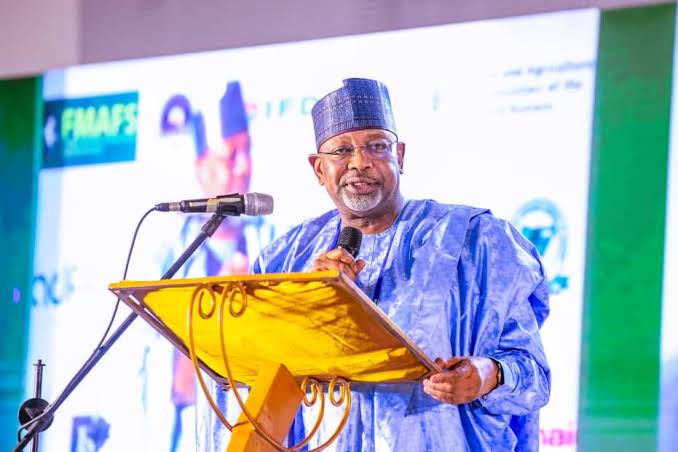He said the survey provides a reliable basis for data-driven planning and policy direction in the agricultural sector, adding that it covers all 36 states and the Federal Capital Territory.
Kyari, however, noted that challenges persist, particularly the rising cost of fertiliser and fuel, as well as post-harvest losses in parts of the South-West and North-Central zones. He said these factors continue to affect small holder farmers’ productivity and incomes.
He also expressed concern over reports of livestock disease outbreaks and declining fish production in some areas, saying the findings highlight the need for stronger animal health systems and climate adaptation strategies.
To improve agricultural data and planning, the minister announced plans to institutionalise a Dry Season Agricultural Performance Survey to complement the current Wet Season assessment.
“We shall institutionalise the Dry Season APS to ensure year-round monitoring and evidence-based agricultural planning,” he said.
Kyari said the ministry would intensify efforts to support local fertiliser production, expand climate-smart agriculture, and strengthen extension services through the recruitment and training of new agents using digital tools.
He also stressed the importance of youth and women’s inclusion in the sector, calling for investment in mechanisation, processing, and post-harvest infrastructure to boost value addition and reduce losses.
The minister pledged closer collaboration with the private sector, research institutions, and subnational governments to sustain gains in the sector.
Nigeria’s agriculture has in recent years faced challenges linked to insecurity, climate change, and rising inflation, all of which have impacted food production and access.
In response, the Tinubu administration declared a state of emergency on food security in 2023 and launched the Renewed Hope Agricultural Mechanisation Programme, which included the deployment of 2,000 tractors nationwide.
Kyari said the government remains committed to using reliable data to guide its agricultural policies and ensure sustainable food and nutrition security.



